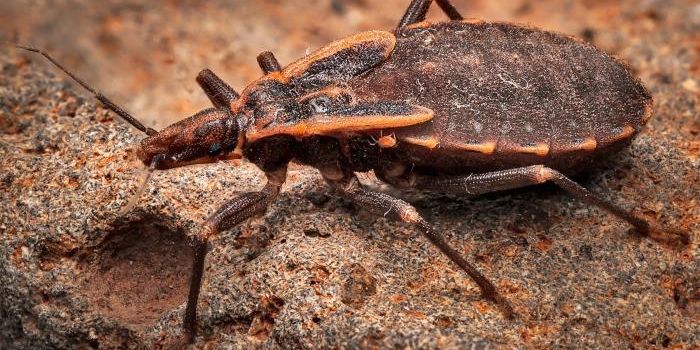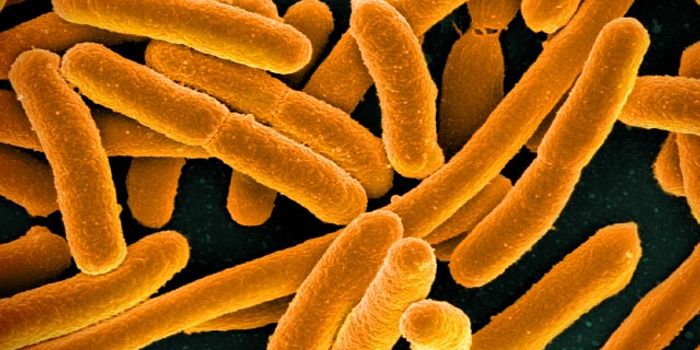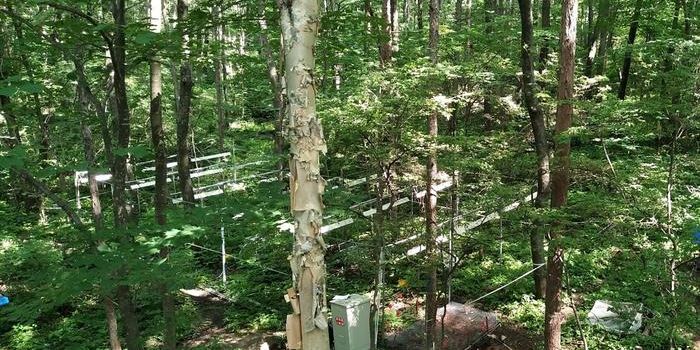Scientists Train Monitor Lizards to Avoid a Deadly Meal
Scientists in Australia are working to help preserve a species of reptile, monitor lizards (also known as goannas) that are easily killed off by the toxins excreted by large cane toads, which they commonly attack and eat.
Goannas, which are huge lizards, can grow to be more than eight feet long when fully grown.

The study, which has been published in the Royal Society Journal: Biology Letters, illustrates how it’s possible to tame these wild animals to help preserve their livelihood by training them not to eat cane toads.
The experts involved in the experiment went through the training process by feeding the large lizards much smaller versions of cane toads. Smaller cane toads have less potent toxins, which instead of being lethal to the goannas, would just give them a buzz.
As you might expect, the goannas don’t really like the buzz, so eating the smaller cane toads and feeling the effects makes them less likely to want to eat a full-size cane toad, which has such a potent amount of toxins in its body that it can actually kill a goanna.
"We've been very surprised by the results, by the amount of time that some of these lizards have actually retained this knowledge and survived in the presence of a high-density of cane toads, which is basically unheard of in the wild,” said Georgia Ward-Fear of the University of Sydney. "A goanna only has to mouth a toad for less than 30 seconds and it can kill them.”
Using special radio transmitters, the scientists were able to keep track of the survival rate of the goannas. It was found that the goannas that did not get the small cane toads to try before eating a full-sized one were more likely to eat a larger cane toad that would eventually kill them.
The results show that goannas are trainable and that it’s possible for them to retain the information necessary not to make the same mistake twice.
Hopefully in future training exercises, scientists will be able to continue this training technique to try and preserve the species from any danger of becoming protected or endangered.
Source: The Royal Society








